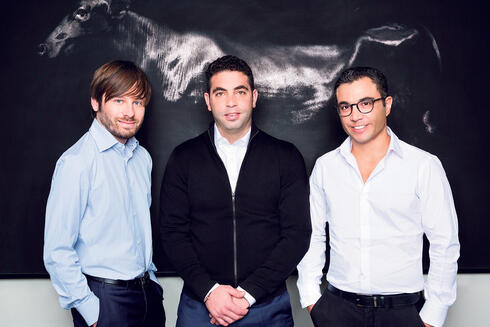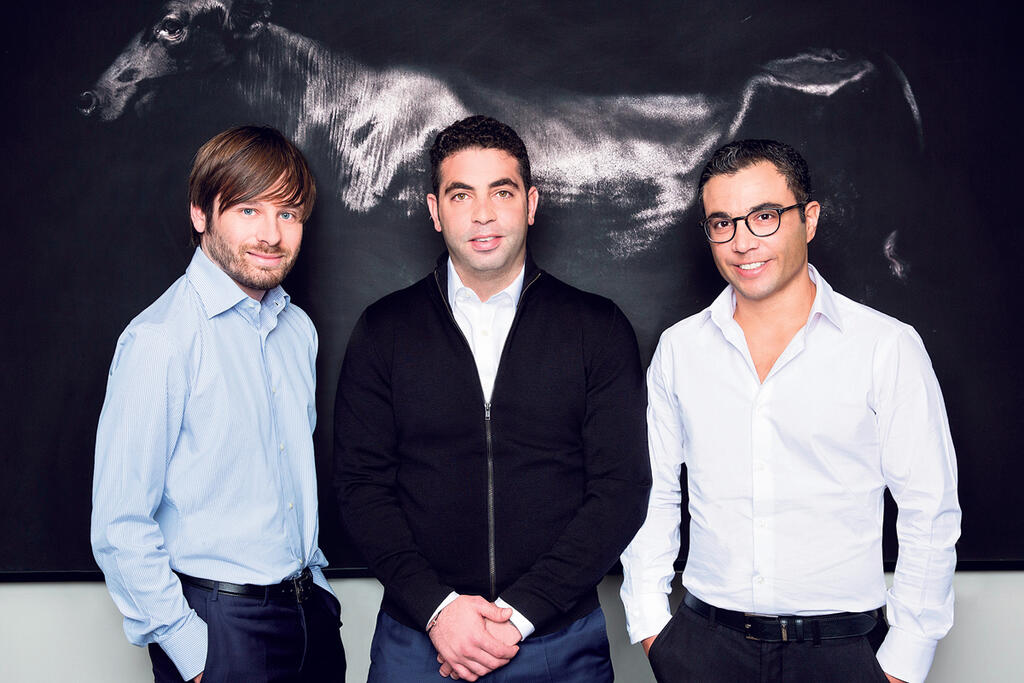
Pagaya withdrawal restrictions leave O.R.T. without access to $12.3 million investment
O.R.T. initially asked to withdraw $4 million, but Pagaya replied that the money would be transferred to a dedicated fund, which would repay the amount in installments. When O.R.T. asked to withdraw the entire sum, Pagaya only agreed to transfer 10% of it to a designated fund
At the end of 2022, with the increase in interest rates in the U.S., O.R.T. Technologies, which develops and manufactures solutions for smart ticketing and data collection for public transportation, turned to Pagaya to withdraw $4 million of its $12.3 million investment in its Opportunity Fund.
Of the $12.3 million, $8.3 million could not be withdrawn before June 2023. However, the rest of the amount was meant to be available to be withdrawn quarterly.
However, Pagaya informed O.R.T. that the matter was being examined due to the many demands it had received for high withdrawals, which may affect the liquidity of the fund. Against the background of the difficulty of withdrawing the partial amount, O.R.T. informed Pagaya that it wishes to withdraw the full amount of the investment, i.e. the additional $8.3 million, which were supposed to be released in June this year.
Following O.R.T.'s withdrawal requests, Pagaya's fund management informed the company that a balance of $4 million had been transferred to a dedicated fund established by Pagaya. This fund's purpose was to repay the invested money continuously. In the first year, 35% was set to be returned, with the full amount to be returned within five years.
Regarding the remaining investment balance of $8.3 million that O.R.T. requested to withdraw, Pagaya announced that only 10% of the amount would be transferred to a designated fund and that O.R.T. must submit a renewed withdrawal request once per quarter.
O.R.T. said that it is currently examining its available options.
In April, Pagaya halted immediate money withdrawals for investors. Two months later, it significantly limited withdrawal possibilities by requiring all investors to request withdrawals every quarter. Upon their request, only 10% of the requested amount would be transferred to a designated fund, with the remainder returned based on accumulated funds, not the requested amount.
The halt in redemptions was prompted by cumulative withdrawal requests totaling hundreds of millions of dollars. For years, Pagaya had raised capital from qualified investors through family offices and Israeli institutions. For example, Clal Insurance and Migdal Insurance invested a total of $400 million in Pagaya at the beginning of 2021. At its peak, the fund reached $1.4 billion in assets. However, the wave of redemptions it experienced at the beginning of the year amounted to an estimated $300 million.
Pagaya, the fintech company traded on Nasdaq, operates two credit funds through a wholly-owned subsidiary: the Pagaya Opportunity Consumer Credit Fund and a car loan fund called Pagaya Auto Loans. Pagaya Opportunity is the largest consumer credit fund in Israel, targeting qualified investors and operating in the U.S.
O.R.T., which is controlled (59.7%) by Tanhum Oren, whose daughter, Tamar Raz, serves as CEO, owns the entire share capital of Felco, the company behind ice cream maker Feldman. O.R.T. ended the first half of 2023 with a profit of NIS 4.2 million ($1.09 million) compared to a profit of NIS 20.7 million ($5.38 million) in the corresponding period. O.R.T. became an investment company after selling its holdings in Orpak for $120 million, according to a company value of $225 million.
Pagaya, the parent company of consumer credit fund Pagaya Opportunity, was established in 2016 and entered Nasdaq in 2022 through a merger with a SPAC at a value of $8.5 billion. Its market value quickly rose to $20 billion, making it the largest Israeli company by market capitalization. However, the market value has since dropped, and it currently stands at only $1.6 billion.














